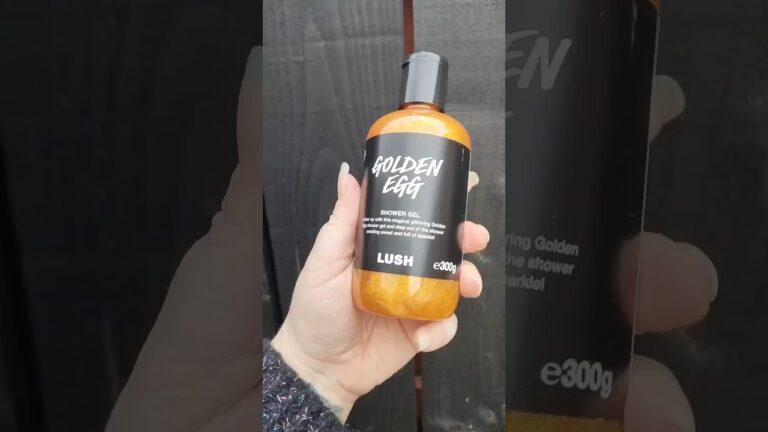All You Need to Know About Seed Oil and Its Health Benefits
Seed Oil: The Nutritious and Versatile Superfood
Are you looking for a nutritious and versatile ingredient to add to your meals? Look no further than seed oil. Derived from various types of seeds, this oil is rich in essential fatty acids, antioxidants, vitamins, and minerals. It’s also easy to incorporate into your diet, making it a popular choice among health enthusiasts and foodies alike. In this article, we’ll explore the benefits and uses of seed oil, as well as some popular types on the market.
Health Benefits of Seed Oil
One of the main benefits of seed oil is its nutritional profile. Most seed oils contain a healthy balance of omega-3 and omega-6 fatty acids, which are essential for brain health, heart health, and reducing inflammation in the body. Additionally, seed oils are rich in vitamin E, an antioxidant that helps protect cells from damage and supports healthy skin and hair.
Another advantage of seed oils is their versatility. They can be used in a variety of cooking methods, such as sautéing, roasting, and baking. Some seed oils, like pumpkin seed oil and sesame seed oil, even have a unique flavor profile that can add depth and complexity to your dishes.
Popular Types of Seed Oil
1. Flaxseed Oil – Flaxseed oil is one of the most popular types of seed oil on the market. It’s high in omega-3 fatty acids, which makes it a great choice for those looking to improve their heart health and reduce inflammation. Flaxseed oil has a nutty flavor and is commonly used as a salad dressing or added to smoothies.
2. Hemp Seed Oil – Hemp seed oil is derived from the seeds of the hemp plant and has a grassy, nutty flavor. It’s high in omega-3 and omega-6 fatty acids and is a great source of plant-based protein. Hemp seed oil is often used in salad dressings, dips, and sauces.
3. Pumpkin Seed Oil – Pumpkin seed oil is a rich source of antioxidants and is high in vitamin E, zinc, and magnesium. It has a deep, nutty flavor that pairs well with roasted vegetables and meats. Pumpkin seed oil is also a popular addition to salad dressings and dips.
4. Sesame Seed Oil – Sesame seed oil is a staple in Asian cuisine and has a distinct, nutty flavor. It’s high in antioxidants and healthy fats and is often used in stir-fries, marinades, and dressings.
How to Use Seed Oil
Seed oil can be used in a variety of ways in the kitchen. Here are a few ideas:
– Use as a salad dressing: Mix your favorite seed oil with vinegar or citrus juice to make a simple and nutritious salad dressing.
– Add to smoothies: A tablespoon or two of seed oil can add healthy fats and nutrients to your morning smoothie.
– Use for sautéing: Many seed oils can be heated to high temperatures, making them a great choice for sautéing vegetables or cooking proteins.
– Drizzle over roasted vegetables or meats: Pumpkin seed oil and sesame seed oil add a nutty flavor to roasted vegetables and meats.
Final Thoughts
Whether you’re looking to improve your overall health or simply add some new flavors to your cooking, seed oil is a great ingredient to have in your pantry. With its rich nutritional profile and versatility, there’s no shortage of ways to incorporate this superfood into your meals. So the next time you’re at the grocery store, don’t forget to grab a bottle of your favorite seed oil and start experimenting in the kitchen!
Most searched products:
Does Sephora Support Israel? Answering Your Questions
The Ultimate Guide to Azealic Acid: Benefits, Uses, and Side Effects
Discover the Benefits of The Ordinary Botox for Your Skin
How Long Does Glycolic Acid Take to Show Results: Your Ultimate Guide
The Perfect Order: When to Use Retinol and Niacinamide in Your Skincare Routine
Say Goodbye to B.O with Glycolic Acid Deodorant: The Secret to Long-Lasting Freshness
The Ultimate Reviews of The Ordinary Peeling Solution
Unlock Glowing Skin with These Ordinary Exfoliation Techniques
Unleashing Honest UKLash Reviews: The Real Truth Exposed
Lipophilic: Understanding the Importance and Properties of Lipophilic Molecules














